Latest News
更多活動相關訊息,敬請期待!
Audio and Video
About the Symposium
The symposium is to be held on November 11 and 12, 2022. With the theme “Aesthetic Education for Sustainable Development in the Pandemic Era”, the symposium will explore the contemporary rends in aesthetic education and how aesthetic education is being carried out globally during the COVID-19 pandemic. It will also facilitate cross-disciplinary exchanges among participants and shed light on issues related to teaching and learning, weighing how the aesthetic education program in Taiwan has empowered teacher community and enriched students’ experiences with aesthetic habits of mind. We hope that the discussion on local and international practices in aesthetic education will allow us to build on the experience that we have gained through the aesthetic education program, conduct more research on aesthetic education, and contribute to the further development of the field. This, in turn, will help ensure that the program can continue to prosper and is more and more sustainable.
Under the theme of “Aesthetic Education for Sustainable Development in the Pandemic Era”, the symposium aims to:
- • Address practical issues relating to the promotion of aesthetic education during the pandemic and facilitate discussions among the participants to reach a consensus on the future development of aesthetic education.
- • Explore how the aesthetic education program empowers teachers and foster discussions among the participants to help shed light on student experiences with aesthetic learning.
Symposium Agenda
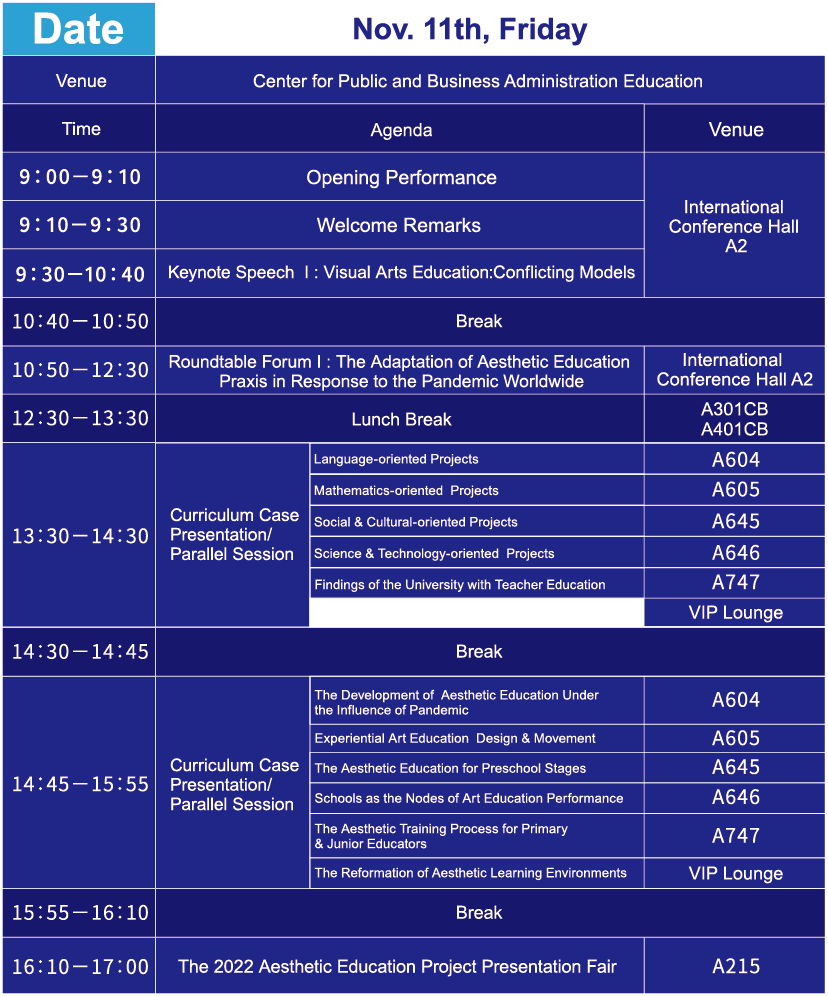
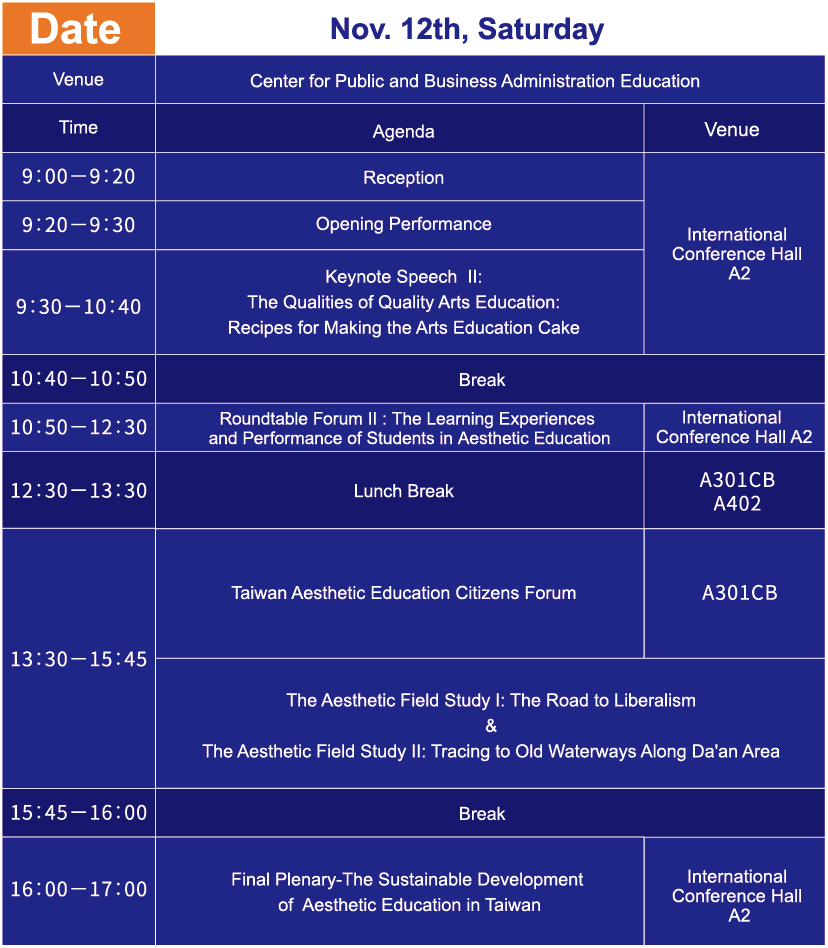
Keynote Speeches
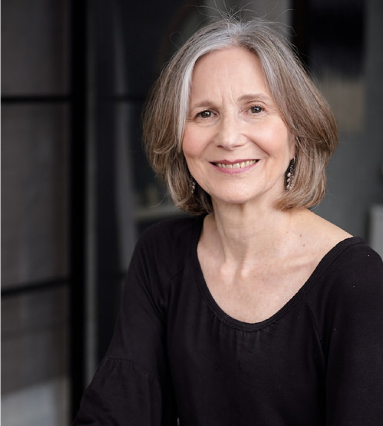
Ellen Winner
Professor Emerita of Psychology at Boston College
Visual Arts Education: Conflicting ModelsIn the speech, Professor Winner will provide the approach to visual art education, and then discuss her research at Project Zero on visual art education. Professor Winner will also deliver her research on “Studio Thinking”, that is about developing broad habits of mind (including critical thinking and creativity), and these habits, if developed from learning of one art form, might generalize to performance in another art form.
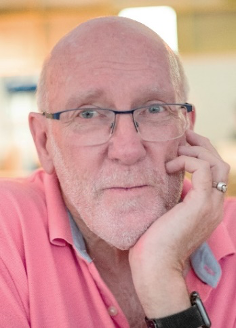
Robin Pascoe
Honorary Fellow, College of Health and Education, Murdoch University
The Qualities of Quality Arts Education.: recipes for making the arts education cake.Professor Pascoe will talk about ways that can collaborate with and empower arts teachers to understand, develop and deliver arts education. However, it is important to remember that making a cake is more than listing the ingredients; it is even more than the processes of mixing and baking; there is the heart and soul and purpose in our cake making; there is the pleasure and satisfaction of enjoying the cake when it is made and eaten. The main title is intended not just as a play on words. It is prompted by a life-long personal and professional interest in promoting excellence in arts education. What are the distinguishing features of effective arts learning and teaching? What do we mean when say arts education of the highest quality? What does this elusive idea of quality arts education look like? The focus of the ideas that Professor Pascoe share with us today is about arts education in schools. What happens in schools is only a part of the whole picture of arts learning in the wider community. But there are important lessons from the arts in schools for the wellbeing and health of our whole society. Quality is one of those terms in the English language that are often used without fully agreed meaning. When Professor Pascoe talk about the quality of arts education, focusing on the distinctive attributes or characteristics of arts education, the ways that help us recognise good practice. Professor Pascoe also focusing on standards of arts education, the degree of excellence when measured thoughtfully and critically. To explore these ideas, Professor Pascoe will share with us some thinking that results from research and experience.
Roundtable Forums
Aesthetic education experts from all over the world will discuss “arts education during the pandemic” and “responses to the pandemic in the field of arts education” from their point of view as educators and researchers. Then, by comparing the experiences of these global experts with the experiences of local educators, we will explore the global trends in aesthetic education in the face of the pandemic.
Representatives from the Ministry of Education’s Medium- to Long-Term Aesthetic Education Program will discuss their experiences implementing aesthetic education programs. The issues that will be covered include students’ learning experiences, strengths and weaknesses, and the challenges that they faced. Furthermore, drawing on their own experiences, the representatives will also offer suggestions on how to promote aesthetic education in a way that helps students develop their civic and even global aesthetic competence.
